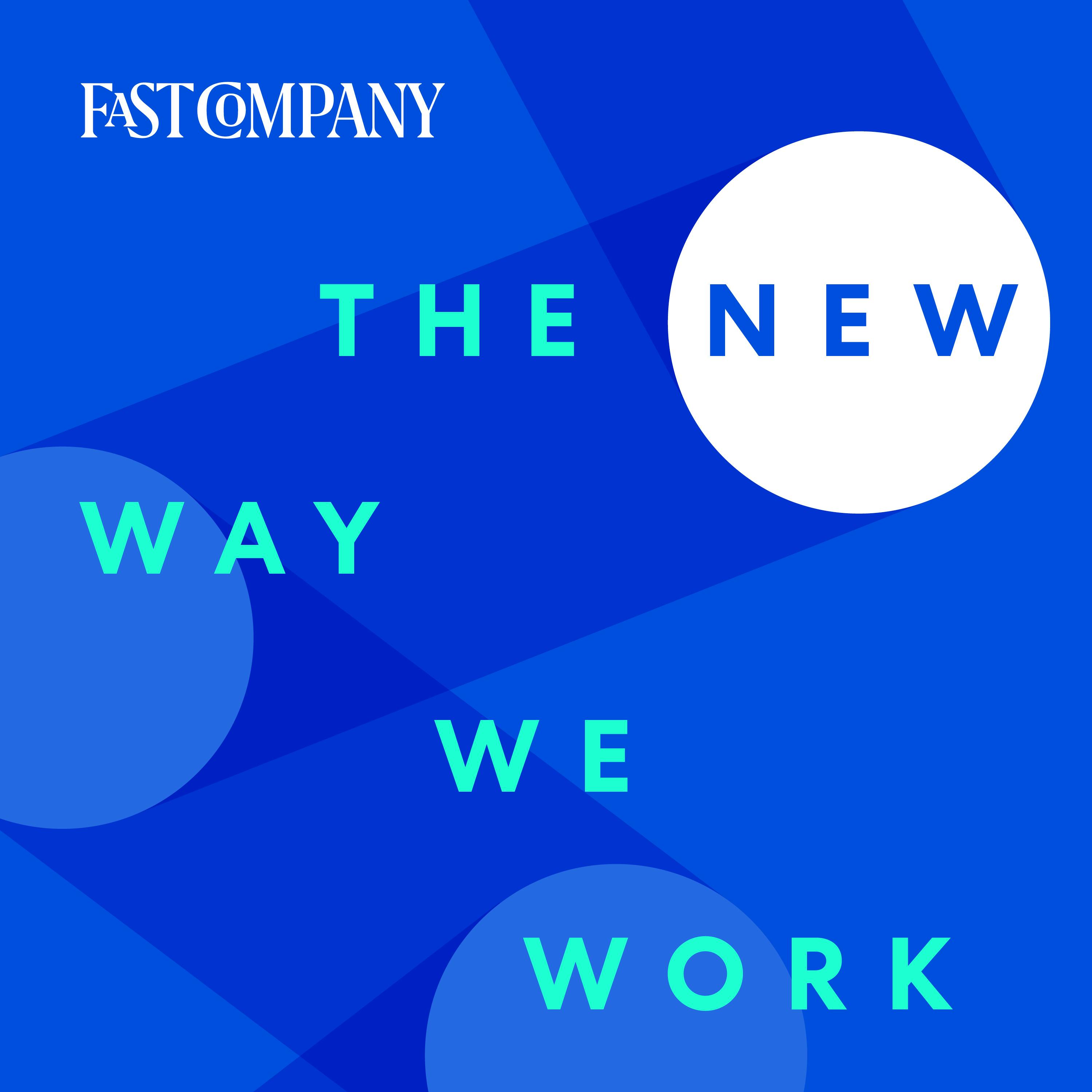Work is ableist
Description
According to the Centers for Disease Control and Prevention (CDC), 61 million adults in the United States have at least one disability, and for nearly half that population, the disability is invisible or at least not apparent. These conditions often don’t manifest in ways that are immediately evident to others—such as chronic pain, diabetes, autism, ADHD, learning disabilities, arthritis, and more. And although the Americans with Disabilities Act (ADA) was passed in 1990 to protect against discrimination, many employees or job candidates are reluctant or scared to disclose a disability for fear they wouldn’t be treated fairly or even get hired in the first place. And it seems many employers are clueless about what they’re doing wrong. So how can we make advocacy easier, open up opportunities, and build a world of work that works for everyone? Ludmila Praslova, a professor of psychology at Vanguard University, recently wrote about how her autism affected her onboarding experience at a new job. In her new book, ‘The Canary Code: A Guide to Neurodiversity, Dignity, and Intersectional Belonging at Work,’ Praslova delves into the challenges of self-advocacy, disclosing a disability, and what employers need to change to create neuro-inclusive environments.
More Episodes
Should you send an email, or is Slack the better way to communicate with your colleagues? Is it ever okay to text a client? Can you use emojis with your boss—and if you can, should you? Communication at work can be really fraught and depends on the subject matter, your industry, your company...
Published 05/27/24
Published 05/27/24
We take for granted the standard 40-hour, 5-day workweek, but this structured schedule was implemented to suit a very different reality than most of us work and live in today. In recent years, the 4-day workweek has gained attention. But that kind of restructuring seems to leave many with more...
Published 05/13/24


